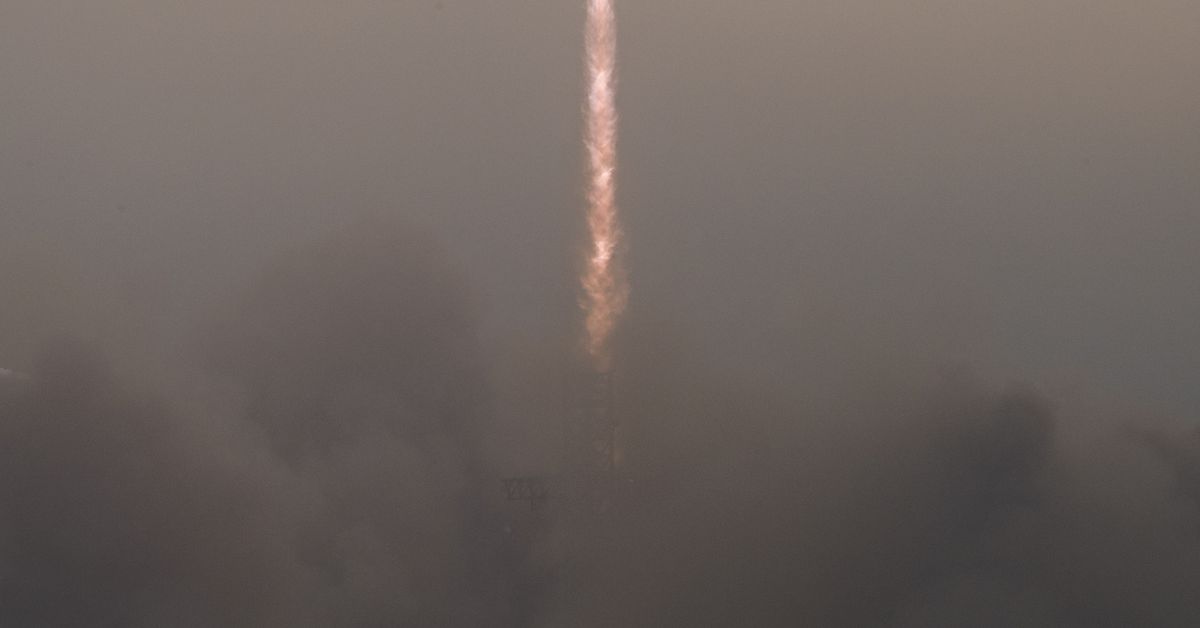SpaceX Allegedly Violated Wastewater Regulations at Its Texas Launch Site
The latest news from the world of space exploration has left many wondering about the environmental impact of SpaceX’s Starbase facility in Boca Chica, Texas. According to a recent report by CNBC, the company allegedly violated wastewater regulations at its launch site, sending pollution into nearby bodies of water.
Regulatory Issues Surrounding Starbase
The allegations against SpaceX have sparked concerns among environmentalists and regulatory agencies alike. The Environmental Protection Agency (EPA) and the Texas Commission on Environmental Quality (TCEQ) have both reportedly sent notices to the company regarding violations related to its wastewater discharge at the Starbase facility.
SpaceX, however, has denied any wrongdoing in a statement posted on Elon Musk’s social media platform X. The company claims that it had obtained permits for the deluge system and that it was operating within regulatory guidelines.
A Deluge System Under Scrutiny
At the heart of the controversy is SpaceX’s deluge system, which is designed to mitigate the environmental impact of launches by reducing heat, energy, and sound emissions. However, CNBC reports that the company allegedly failed to obtain proper permits for the system, leading to a series of wastewater discharge incidents.
TCEQ has reportedly received at least 14 complaints regarding environmental impacts from SpaceX’s deluge system, including allegations of harm to endangered birds and sea turtles. The agency has also notified SpaceX of its intent to take enforcement action against the company.
Mercury Levels in Dispute
One of the key concerns raised by CNBC is the presence of mercury in the wastewater discharged by SpaceX’s deluge system. According to the report, samples taken from near the launch pad showed levels of mercury significantly higher than what is allowed under state regulations.
SpaceX has disputed these claims, stating that its own testing had shown "negligible traces" of contaminants, including mercury. However, a review of the company’s permit application reveals that it had reported levels of mercury at one outfall location to be 113 micrograms per liter – far exceeding the allowable limit.
Regulatory Consequences
The allegations against SpaceX have significant regulatory implications for the company. If found guilty of violating wastewater regulations, SpaceX could face fines, penalties, and even legal action from affected parties.
TCEQ has already sent a notice of violation to SpaceX, informing the company that it was operating without proper permits for its deluge system. The agency has also launched an investigation into the matter, with CNBC reporting that several witnesses have come forward to corroborate the allegations.
FAA Postpones Meetings on Environmental Assessments
The controversy surrounding SpaceX’s Starbase facility has also led to a postponement of meetings intended to discuss draft environmental assessments for increased launches and landings at the site. The Federal Aviation Administration (FAA) cited "additional documentation" from SpaceX as the reason for the delay.
A Legal Battle Looms
As regulatory agencies continue to investigate the matter, it appears that a legal battle is on the horizon for SpaceX. SaveRGV, a nonprofit based in the Rio Grande Valley, has reportedly sent a notice of intent to sue the company over its deluge system allegedly discharging wastewater without a permit.
The controversy surrounding SpaceX’s Starbase facility highlights the delicate balance between space exploration and environmental regulation. As companies like SpaceX push the boundaries of technological innovation, they must also ensure that their activities do not harm the environment or compromise regulatory guidelines.
Conclusion
In conclusion, the allegations against SpaceX have significant implications for the company, its regulatory standing, and the environment. While the controversy surrounding Starbase is ongoing, one thing is clear: the intersection of space exploration and environmental regulation demands careful attention to detail and a commitment to responsible practices. As we move forward in this era of space exploration, it is essential that companies like SpaceX prioritize sustainability and accountability.

